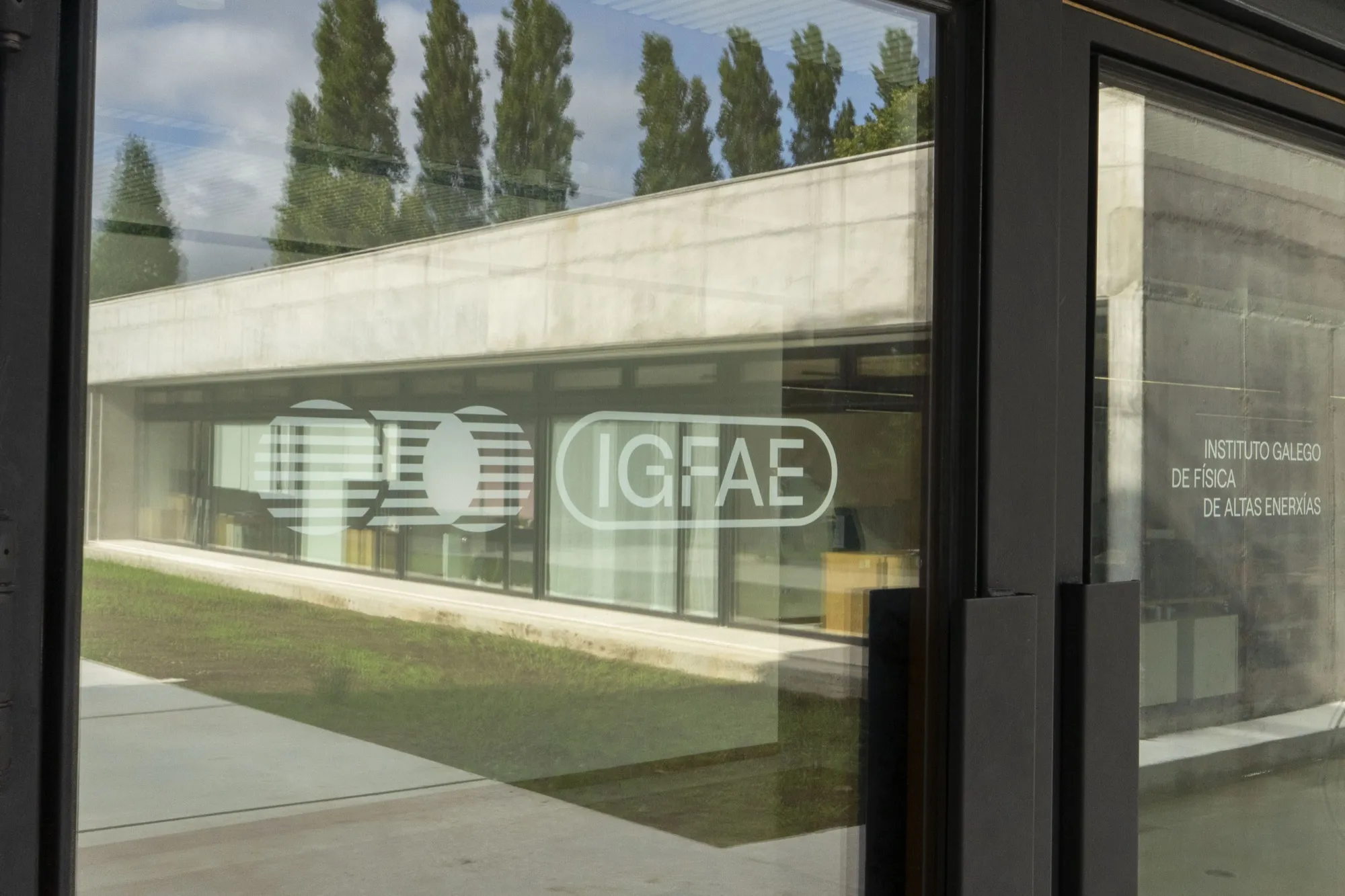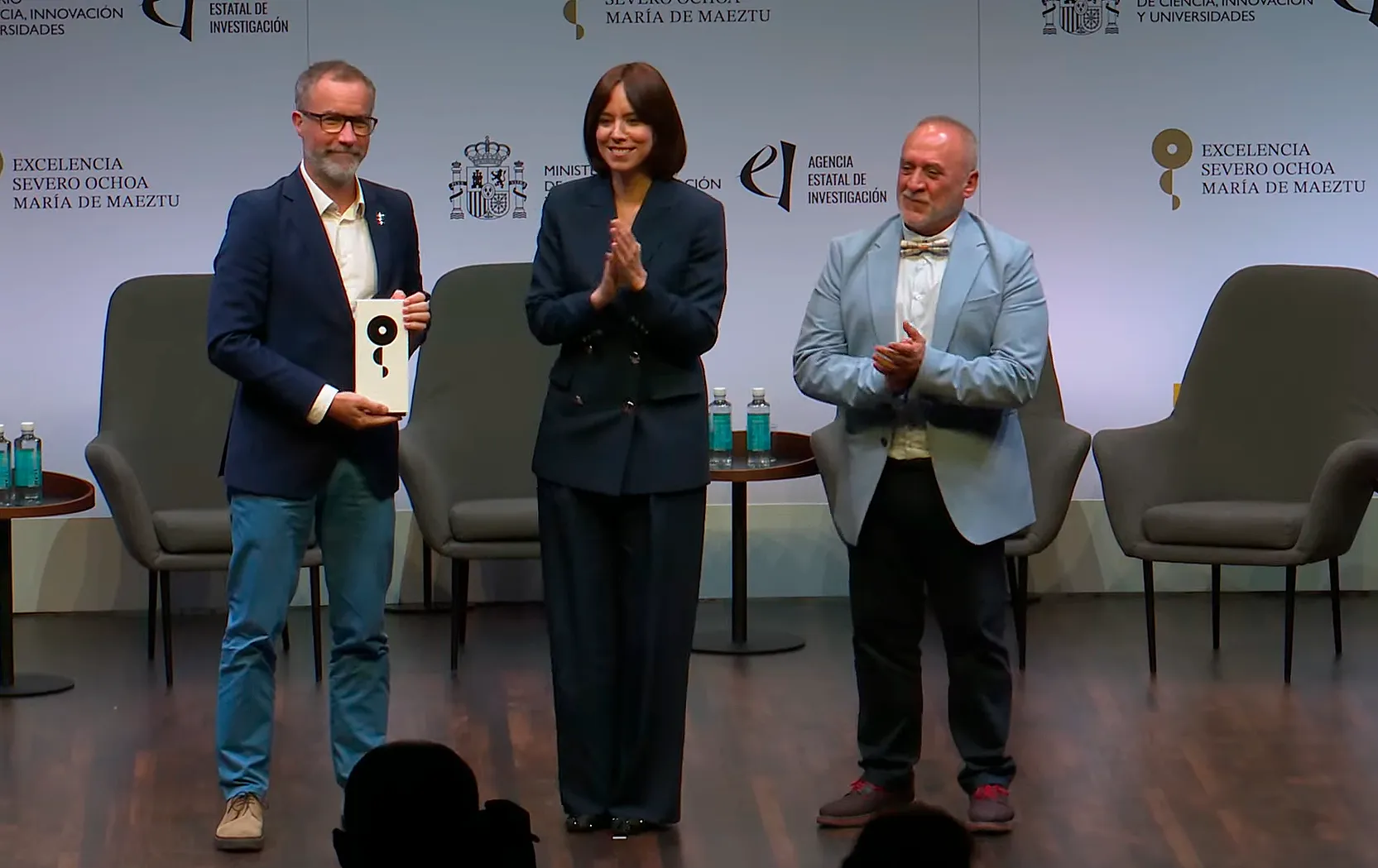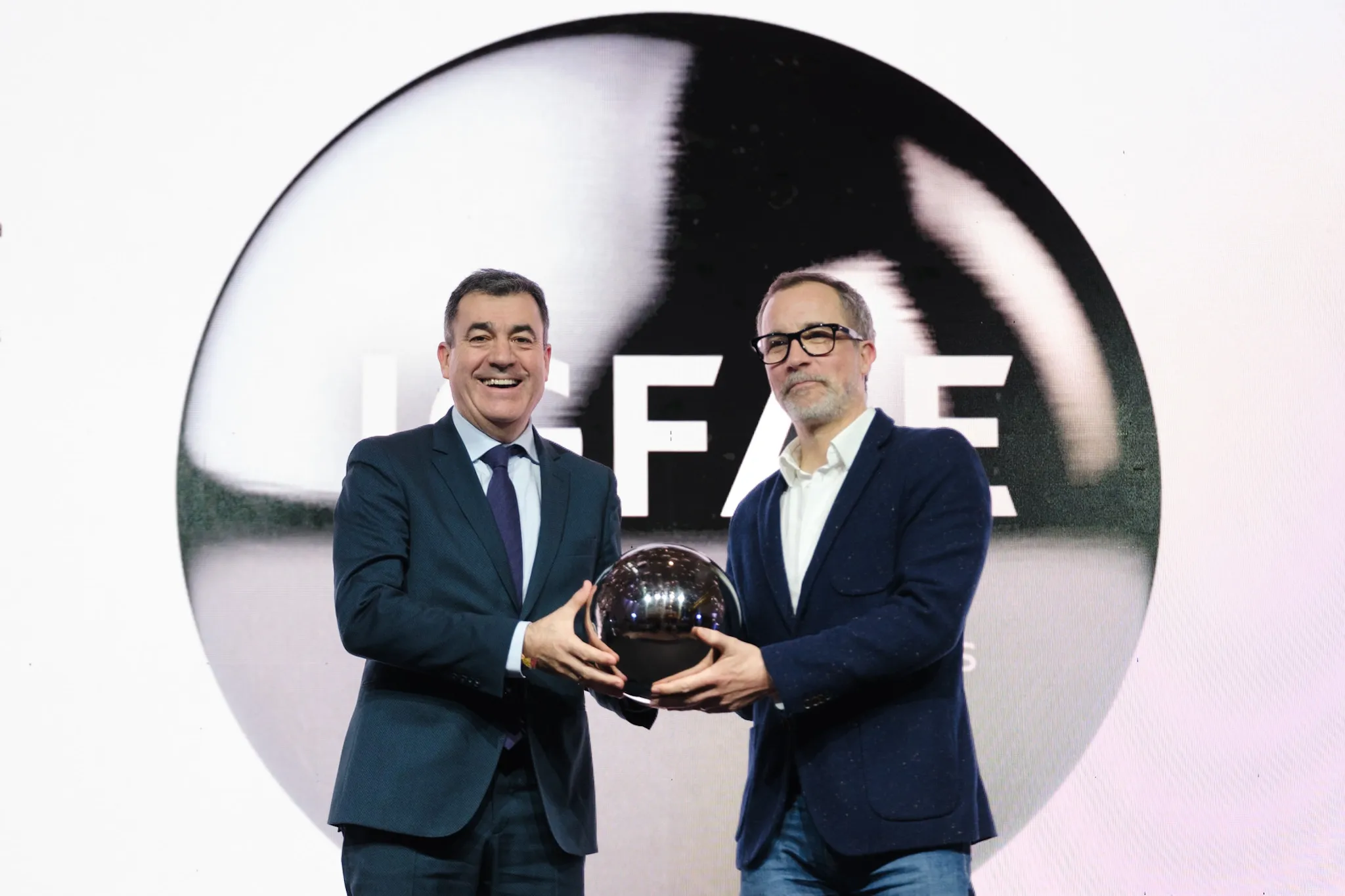



The Instituto Galego de Física de Altas Enerxías (IGFAE) is a joint research centre of the University of Santiago de Compostela (USC) and the Xunta de Galicia. It was officially created on 2 July 1999. Currently, it consists of a team of more than 130 people, including scientific, technical, administrative and management staff.
Its research is focused on the areas of High Energy Physics, Astroparticle Physics and Nuclear Physics, in which the research staff of the IGFAE is positioned at the highest standards of impact, excellence, leadership and international success, both theoretically and experimentally.
The Institute has a long history of participation in some of the largest experimental facilities in the field of Physics, such as the Large Hadron Collider (LHC) of CERN, the Pierre Auger Observatory (Argentina), the LIGO collaboration for the study of gravitational waves, or the accelerators GANIL (France) or GSI / FAIR (Germany).
The IGFAE was born with the mission to coordinate and promote scientific and technical research in areas such as High Energy Physics, Particle Physics and Nuclear Physics, as well as in related fields such as Astrophysics, Medical Physics and Instrumentation.
The centre’s staff is involved in planning and promoting relations with international collaborations in these disciplines. Thus, the IGFAE maintains a transversal line of work on the development of future experimental facilities, with the aim of constantly evaluating potential research opportunities in the global context.
The IGFAE’s new strategic plan, based on the remarkable evolution achieved in recent years, guides the vision of making a new qualitative leap as a scientific centre of international reference.
In Galicia, the IGFAE will also strengthen its links with other disciplines. This is the case of quantum science and technology, within the framework of the strategic alliance with the Galician Supercomputing Centre (CESGA), as well as the applications of physics to medical treatments, in front of the implementation of protontherapy in the Galician public health system.
Among the centre’s objectives for the coming years, the following stand out:
In 2017, the IGFAE was recognised for the first time as a María de Maeztu Unit of Excellence, joining the alliance of Severo Ochoa and María de Maeztu centres (SOMMa). It thus became the first scientific centre in Galicia to achieve this prestigious distinction, awarded by the Spanish State Research Agency.
This recognition has led to a deep transformation: the IGFAE has promoted an ambitious plan to attract talent and training, as well as a new governance and management model and a solid social commitment through responsible research and innovation (RRI). Likewise, the scientific agenda was expanded, with milestones such as the incorporation of the LIGO collaboration on gravitational waves.
In 2024, the IGFAE once again obtained the María de Maeztu accreditation, which opened a new stage in the consolidation of the centre. This landmark coincided with the 25th anniversary of IGFAE creation, as well as with the opening of the new headquarters, which will increase the surface area by 70%, especially in experimental laboratories.

Since 2019, the IGFAE is part of the network of Research Centres of the Galician University System (CIGUS). This network integrates those centres whose research quality and impact was accredited by the regional government, Xunta de Galicia.
In the latest evaluation, published in May 2024, the IGFAE was once again among the centres with the highest grade (A), in a process supervised by renowned figures in the field of science and research management. This support from will enable the centre’s scientific and management structures to be consolidated over the coming years.
